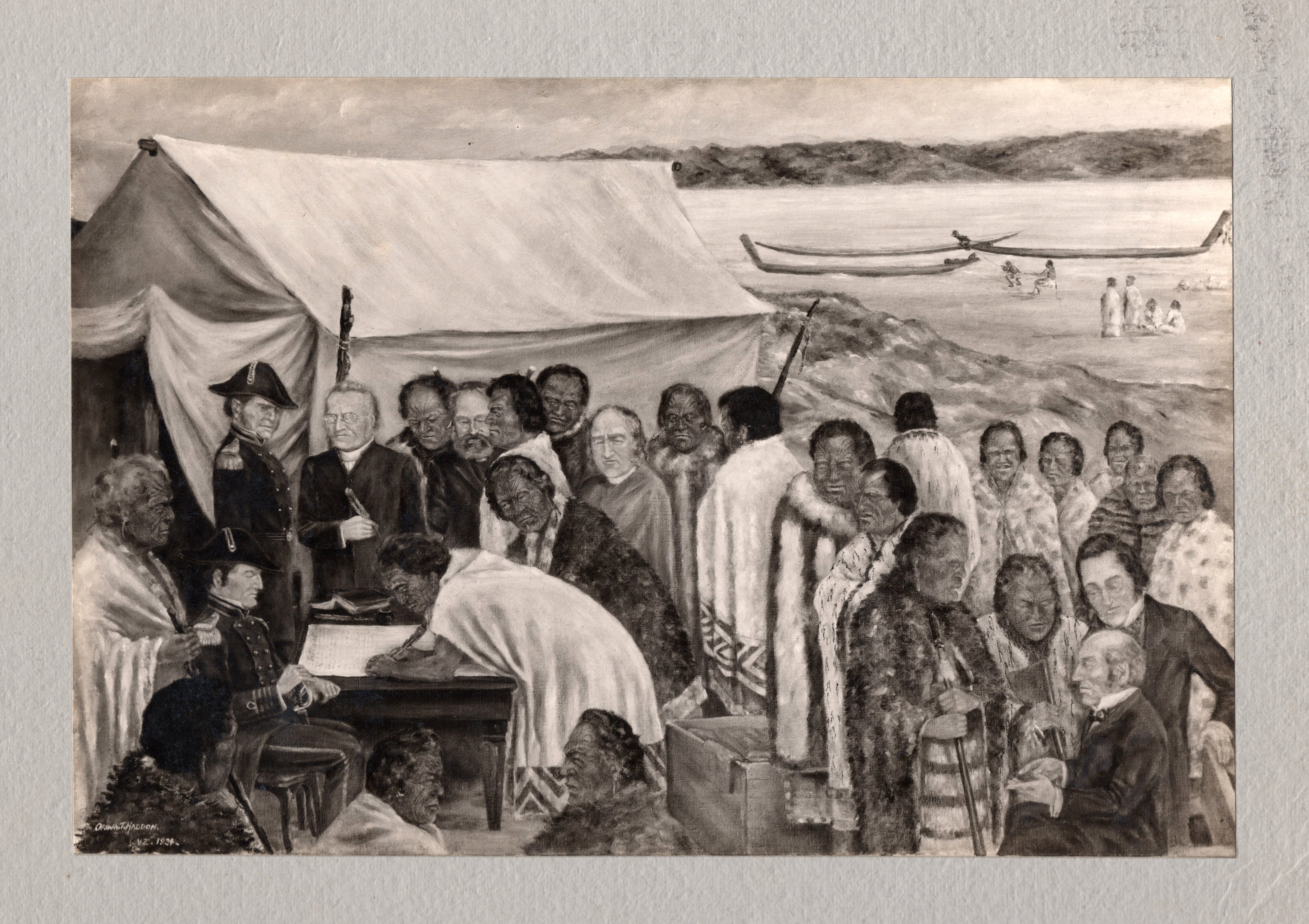
"The Signing of the Treaty of Waitangi," 1934, Archives New Zealand.
In the period before Sheppard’s campaign, support for women’s suffrage was already building across New Zealand, a country where egalitarian ideas had always been plentiful.

"The Signing of the Treaty of Waitangi," 1934, Archives New Zealand.
Britain claimed New Zealand as a colony in 1840. That February, they signed the Treaty of Waitangi with the indigenous (Maori) tribes. The treaty protected Maori rights and established that all New Zealanders were equal under law - a point that would later fuel the women’s suffrage movement.
Even though New Zealanders were generally open to equality for women and offered less violent opposition to suffrage than in other countries, some men still held anti-suffrage protests and petitioned Parliament, urging them not to pass women’s suffrage bills. These men argued that if women got into politics, there would be nobody left to look after the homes or the children.
Jennifer Curtin Interview Segment, December 19, 2020, University of Auckland
Timeline of relevant legislation
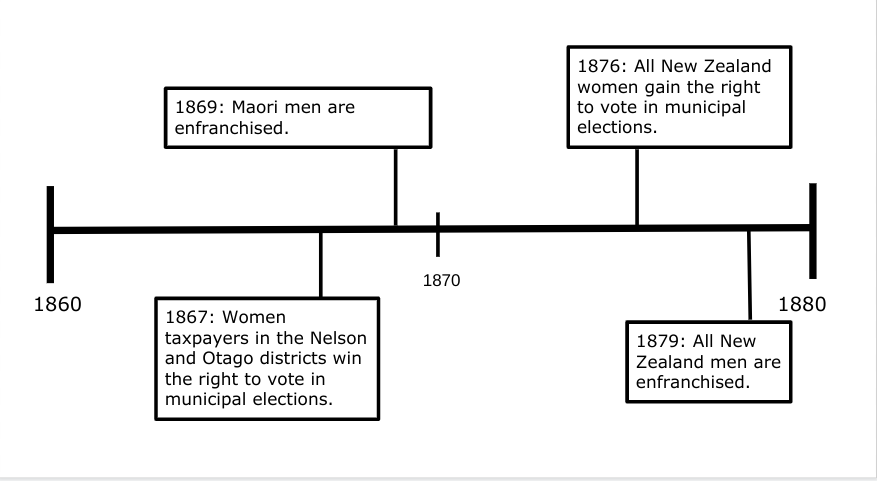
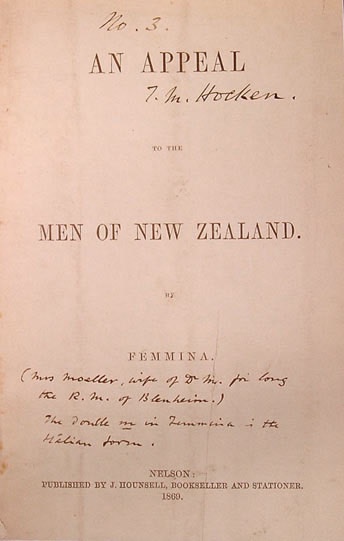
"An Appeal to the Men of New Zealand," 1869, Hocken Library
Eventually, suffragettes started to argue that women should get to vote in national elections. These women gained enough support to petition Parliament. They presented four separate petitions between the years 1878 and 1855, but, due to Parliamentary opposition, none passed. Still, this early suffrage movement paved the way for Kate Sheppard and her compatriots.
Jennifer Curtin Interview Segment, December 19, 2020, University of Auckland
The Women's Christian Temperance Union (WCTU) came to New Zealand in 1885 and became the leading force in the suffrage movement. They collaborated with other unions, like the Tailoresses' Union, as well as with Maori women.
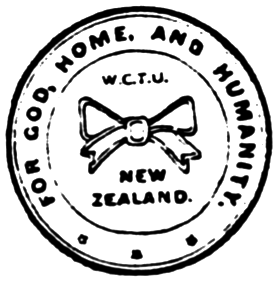
"Logo of the New Zealand WCTU," New Zealand History
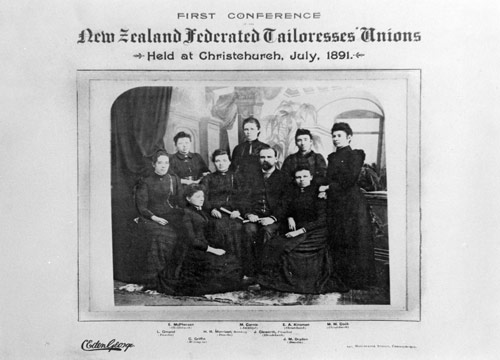
"Tailoresses' Union Conference," 1891, Te Ara Encyclopedia of New Zealand
"If we have to obey the law, then we ask for a voice in the making of that law. If we pay taxes ... we want to have a voice in how that money is spent."
~ Kate Sheppard